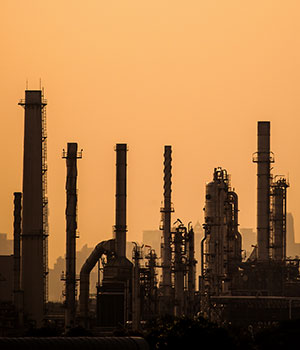The European Commission once again disappoints citizens that supported the Initiative for the Right to Water
Brussels, 31st January 2018. Today European water advocates said the leaked proposal for a new Drinking Water Directive is disappointing and doesn’t meet the expectations of the citizens and organisations that supported the first successful European Citizen’s Initiative (ECI) on the right to water. The review of this directive was framed by the Commission as their only answer to the ECI. Five years later, this draft doesn’t meet any of the demands supported by nearly two million people.
Elisabetta Cangelosi, member of the European Water Movement said, “Five years waiting for an answer and the result couldn’t be more disappointing. Although we welcome the timid attempt of the Commission to include provisions about universal access to water and the emphasis on minorities and vulnerable groups, this text has nothing to do with the human right to water recognized by the United Nations and demanded by citizens”.
The Human Right to Water as defined by the United Nations implies that water and sanitation must be physically accessible, safe, acceptable, sufficient and affordable. The draft Drinking Water Directive addressed just the first three aspects.
David Sánchez, director at Food & Water Europe added, “The proposal from the Commission simply ignores the main challenge for the Human Right to Water in the European context, affordability. With thousands of families having their water cut-off in Europe in recent years for not being able to pay the bills, guaranteeing access is not enough. We need political courage from the Commission to challenge private companies that make profit out of water management to really implement this human right in Europe”.
The proposal also includes provisions to promote free access to water in public spaces, including public buildings, but it falls short as this provision is not specific about it being tap water.
Jutta Schütz, member of Wasser in Bürgerhand added, “The Commission vague wording allows the interpretation that installing vending machines with bottled water would be enough. We need to close this gap so the Drinking Water Directive is coherent with the efforts to get rid of plastics at the European level such as the Plastics Strategy or the Circular Economy Package, and to challenge this unacceptable, environmentally-damaging industry”.
Contacts
Elisabetta Cangelosi, European Water Movement, +32 488 08 00 21 (mobile), [email protected]
David Sánchez, Food & Water Europe, +32 (0) 485 842 604 (mobile), dsanchez(at)fweurope.org
Jutta Schütz, Wasser in Bürgerhand, +49 (0) 157 390 808 39 (mobile), [email protected]
The European Water Movement is an open, inclusive and pluralistic network whose goal is to reinforce the recognition of water as a commons and as a fundamental universal right. http://europeanwater.org/




